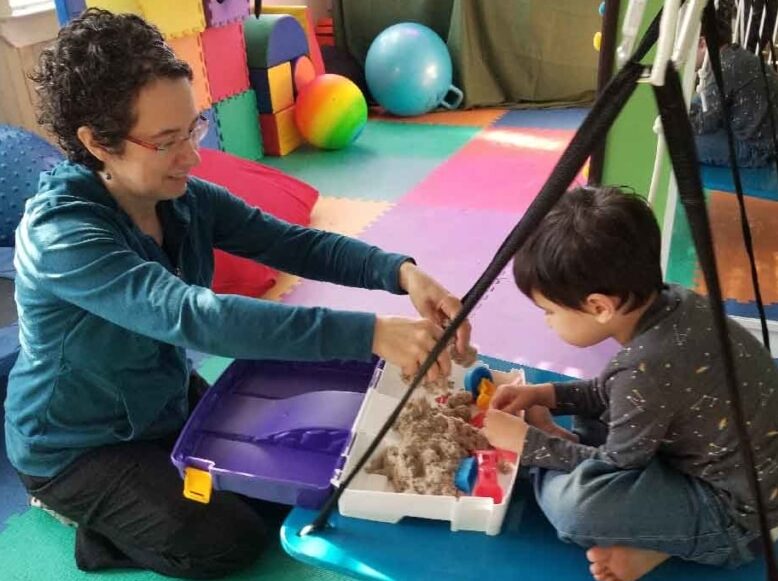Insurance
Insurance Plans Accepted
We accept all Indiana Medicaid’s and MCO’s, most commercial and Private plans, including but not limited to BCBS, United Health Care, Humana, and Cigna. This is a partial list. To verify if your insurance plan is accepted, please reach out to us and we will verify coverage on your behalf.
BCBS
United Health Care
Indiana Medicaids
Humana
Cigna
Indiana MCOs
Need Assistance? Contact Us Here

Developmental Milestones
Learn More

ABA Therapy, is it right for us?
Learn More
Common Questions
Does our Center diagnosis Autism?
We do not but we work closely with our outpatient providers to assess and diagnose when appropriate.
How often do clients come for ABA?
This depends on the treatment plan, needs, center openings and insurance. Most of our clients come from 20 to 40 hours a week.
What are your hours?
Our clients come anywhere from 8:30 am-4:30 pm dependent on schedule, treatment plan, needs, and insurance.
What age clients do we accept?
We accept clients from age 2 to 22.
Do clients go to school when they come to our center?
We have many clients that split their time between our ABA services and a school setting.
What causes ASD?
We do not know all of the causes of ASD. However, we have learned that there are likely many causes for multiple types of ASD. There may be many different factors that make a child more likely to have an ASD, including environmental, biologic and genetic factors.
- Most scientists agree that genes are one of the risk factors that can make a person more likely to develop ASD.
- Children who have a sibling with ASD are at a higher risk of also having ASD.
- Individuals with certain genetic or chromosomal conditions, such as fragile X syndrome or tuberous sclerosis, can have a greater chance of having ASD.
- When taken during pregnancy, the prescription drugs valproic acid and thalidomide have been linked with a higher risk of ASD.
- There is some evidence that the critical period for developing ASD occurs before, during, and immediately after birth.
- Children born to older parents are at greater risk for having ASD.
ASD continues to be an important public health concern. Like the many families living with ASD, CDC wants to find out what causes the disorder. Understanding the factors that make a person more likely to develop ASD will help us learn more about the causes. We are currently working on one of the largest U.S. studies to date, called Study to Explore Early Development (SEED). SEED is looking at many possible risk factors for ASD, including genetic, environmental, pregnancy, and behavioral factors.
Our Blog
Latest News & Resources

Enhancing Safety and Understanding: Navigating Interactions Between Autism and Law Enforcement
Encounters between individuals with autism and law enforcement can sometimes lead to misunderstandings and distressing experiences. According to the International Board for Credentialing and Continuing Education Standards (IBCCES), individuals with autism are five...

The Impact of Missed ABA Sessions: Strategies to Stay on Course
For families with children on the autism spectrum, Applied Behavior Analysis (ABA) therapy is often a cornerstone of their treatment plan. ABA therapy utilizes evidence-based techniques to improve behaviors and teach new skills crucial for daily life. However,...
Understanding the Autism Treatment Evaluation Checklist (ATEC)
Autism spectrum disorder (ASD) is a developmental disorder characterized by challenges with social interaction, communication, and by restricted and repetitive behavior. Recognizing the need for effective tools to evaluate and measure the effectiveness of autism...
Navigating the Job Market: A Guide for Autistic Individuals in Indiana
Finding a job can be a daunting task for anyone, but for individuals on the autism spectrum, it can present unique challenges and considerations. However, with the right strategies and resources, autistic individuals can successfully navigate the job market in Indiana...
Exploring the Advantages of Center-Based ABA Therapy Versus In-Home ABA
Applied Behavior Analysis (ABA) therapy stands as a cornerstone in the treatment of autism spectrum disorder (ASD) and other developmental disabilities, offering invaluable support to individuals and their families. When considering ABA therapy, families often...
The Power of Play: Benefits of Physical Activity for Children and Young Adults with Autism
Physical activity is a universal need for all individuals, regardless of age or ability. For children and young adults with autism spectrum disorder (ASD), engaging in regular physical activities can bring about a plethora of benefits that extend beyond physical...
